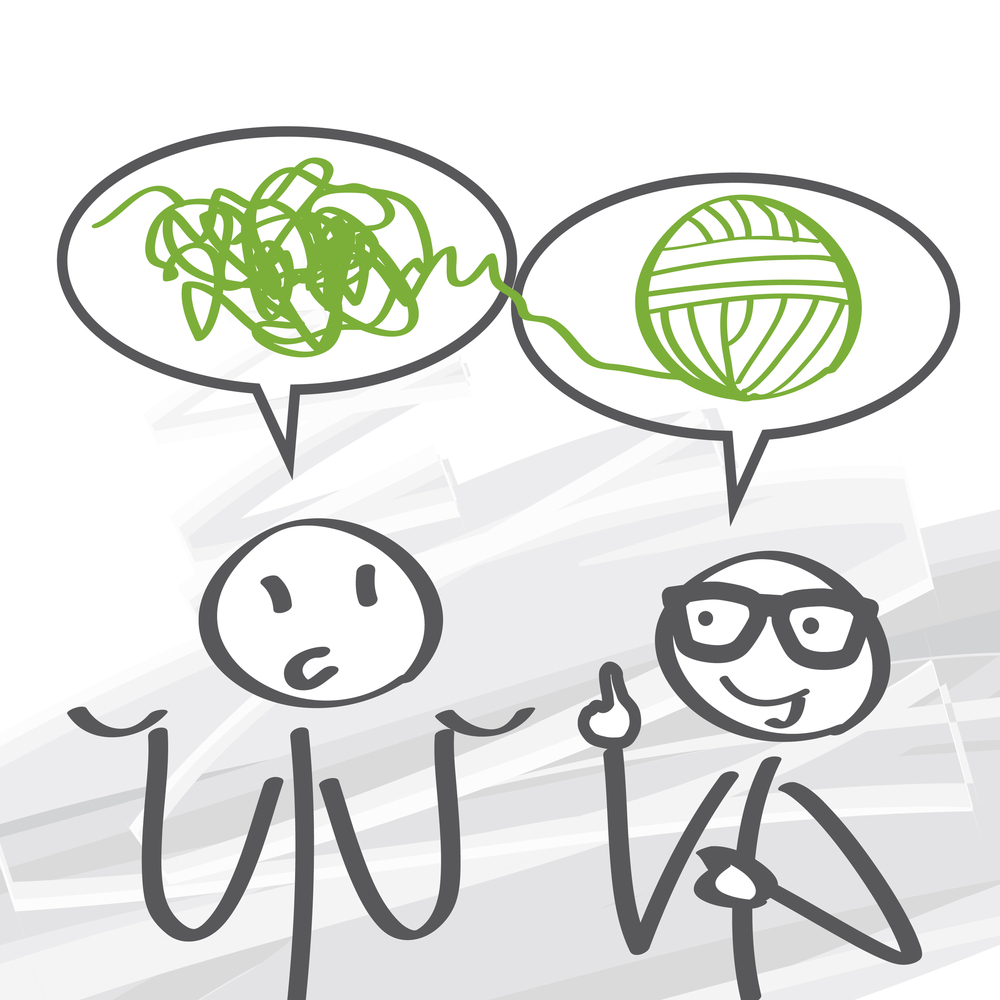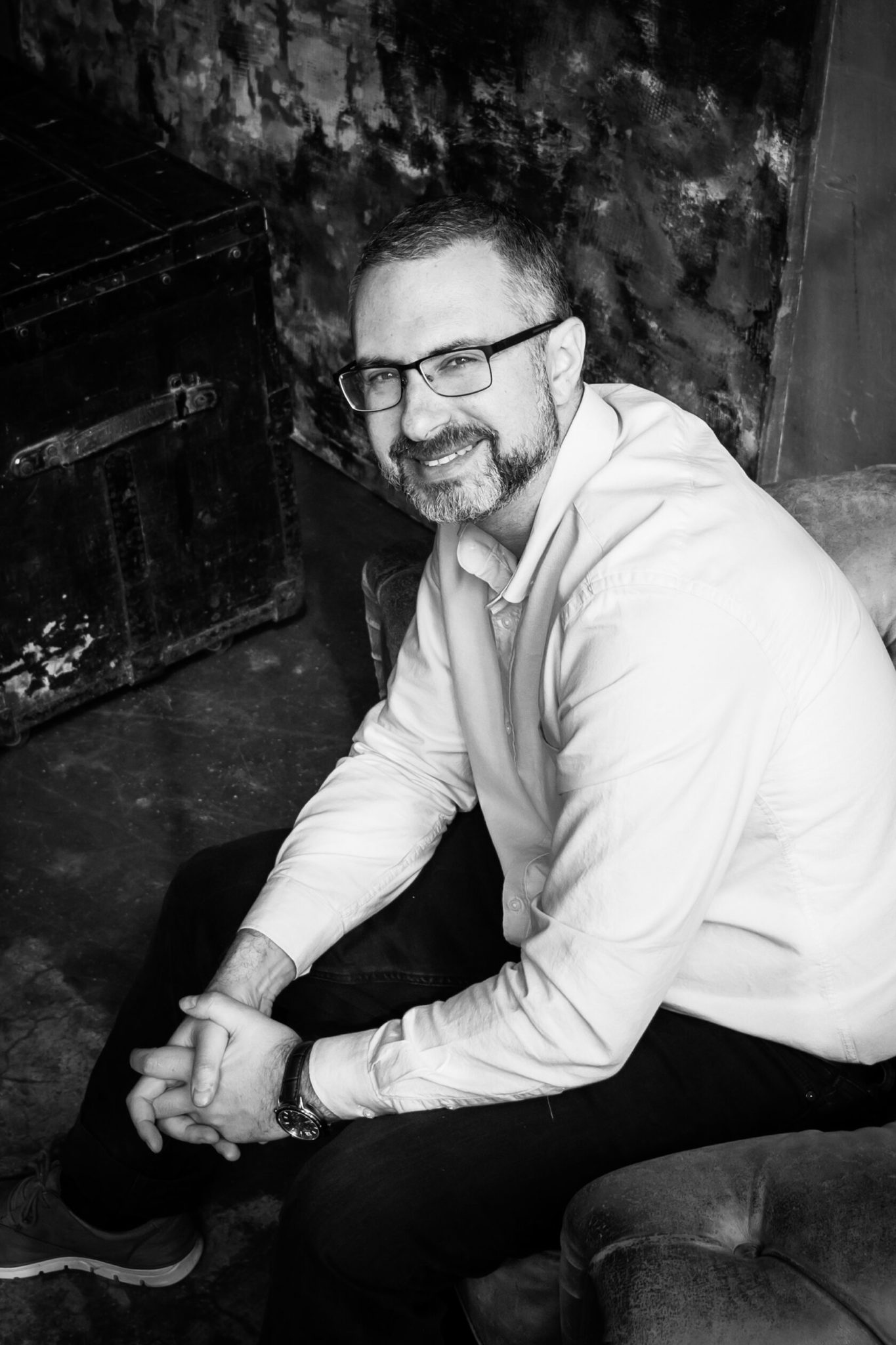Are you familiar with that lingering feeling after waking from a vivid dream? When you passionately want to believe that your mind has shown you something important, but you just can’t figure out what?
Dreams have fascinated humans for thousands of years. Egyptian priests decoded divine messages in them, just as biblical figures received guidance through them. Aristotle even used dreams to diagnose illness. From mysticism to science, both neurophysiology and therapeutic psychology agree: dreams aren’t just random brain static.
Why Do We Even Dream?
Dreams aren’t just a human thing. Your dog has dreams too, in which he’s chasing squirrels or barking at the mailman he despises most before waking up with a perplexed look. Biologically speaking, dreaming is a universal phenomenon, even in cold-blooded animals. But what’s the point?
Your brain doesn’t clock out when you do. While you sleep, your psyche processes the day’s events, sorts through emotions, and even solves problems. Some of history’s biggest breakthroughs came in dreams.
Take Elias Howe, who dreamt of cannibals threatening him with spears that had holes in their tips, inspiring his invention of the sewing machine. Or chemist August Kekulé, who envisioned benzene’s ring structure after dreaming of a snake biting its own tail. Not bad for a night’s work!
The two most prominent figures of the 20th century, who paved the way to modern counseling psychology, Sigmund Freud and Carl Jung, considered dreams to be a bridge to the unconscious. Their approaches differed, though.
Freud saw the unconscious as the locked warehouse for unpleasantries we’d rather not deal with, such as repressed memories and emotions. However, he also believed this buried material held value and interpreting it could resolve inner conflicts (what he called neurosis). He called dreams “the royal road to the unconscious” and saw dream analysis as a way to access this hidden cache.
Jung stated more plainly: “Dreams are the facts from which we must proceed.” (1) He saw the unconscious as a treasure trove of collective wisdom, the “collective unconscious,” speaking to us in dreams in the form of archetypes or universal symbols. For Jung, dreams offered guidance on how to live, what to pursue, and what to avoid.
Both agreed on one thing: dreams are the subconscious speaking to us.
The Language of Dreams
The language of dreams is non-direct. Dreams speak in symbols, metaphors, and sometimes straight-up surrealism. That’s because your conscious filters—the ones that make you bite your tongue in work meetings or pretend you’re fine when you’re not—are offline. What bubbles up is the raw, unfiltered you, a state mostly inaccessible to your conscious mind in everyday life.
Where Symbolism Meets Science
Neuroimaging shows that during REM sleep, the prime time for vivid dreams, your emotional brain (limbic system) fires up while your logical brain (prefrontal cortex) naps. This explains why dreams overflow with feelings: fear, desire, nostalgia, while rationality takes a backseat. (2)
Meanwhile, slow-wave sleep (SWS) dreams are like abstract art: fragmented, surreal, starring a disjointed version of you. Why? Memory systems are half-asleep, scrambling identities and plots. So, dreams are your mind’s way of rehearsing, problem-solving, stitching together loose ends, consolidating memories, and untangling emotions (2).
Dream interpretation even aids trauma therapy. Occhionero reports that with many patients “dreams convey indicators of an incipient symbolization process and, ultimately, the onset of meaning-giving therapeutic coping with trauma.” (3) That means that dreams transform during therapy and present therapy-related positive changes in brain activity of individuals.
The Brain’s Night Shift
Think of it like this. Your conscious mind is the CEO of your Brain LLC company, all polished and professional but distant and preoccupied with running things smoothly. But your unconscious? It’s the creative, seasoned, and experienced employee who’s been with the organization longer than anybody could remember and who knows exactly what’s really going on. And at night, when the CEO’s asleep after the day of giving instructions, the long-time employee starts leaving sticky notes everywhere, so to not contradict the CEO directly. Some are cryptic (“Why did I dream I was naked at the graduation ceremony?”), while others feel eerily profound and accurate.
That’s why recurring dreams or childhood dreams you still remember matter. They’re not glitches; they’re memos. Maybe it’s unresolved guilt, a hidden fear, or a passion you’ve sidelined. Your psyche doesn’t do small talk. If it’s repeating itself, it’s because you don’t know how to listen to it.
Let’s Take Some Examples
Say you dream about your ex, a talking octopus, and a zombie apocalypse all at once.
As I’ve mentioned, dreams don’t go literal. They’re poets, not journalists. That ex might represent unfinished business totally unrelated to your relationship, but reflecting your attachment to this matter. The octopus? Maybe you’re feeling pulled in eight directions simultaneously. And the zombies? It could be a metaphor for something draining your energy. (Or maybe you just watched too much The Walking Dead before bed.) We’ll know the exact symbolism of your dreams after they resonate with you. They help you get to some other important insight, which might be nonobvious. That’s why we need emotional responses to dreams and your life context in order to interpret them.
And by the way, nightmares are not necessarily bad. Often, they’re your psyche’s way of screaming, “HEY, THIS IS IMPORTANT!” Ignoring them is like slamming the door on a frantic messenger. Not a great strategy.
Can You “Solve” Your Own Dreams?
Short answer: kinda. Long answer: it’s like trying to psychoanalyze yourself—possible, but tricky.
Sure, you can spot obvious themes. If you dream about losing your teeth before a big presentation, it’s probably about anxiety (fun fact: tooth-loss dreams are one of the most common nightmares worldwide). But deeper layers? That’s where a therapist or a good dream group helps. Because symbols are personal. A snake might mean danger to one person and healing to another.
And please, please skip the generic dream dictionaries. They’re about as useful as last year’s horoscope. (“You dreamed of water? You’re emotional!” Cool, thanks, Captain Obvious.)
How to Start Paying Attention
Want to get better at remembering (and understanding) your dreams? Try this:
- Keep a journal by your bed. The second you wake up, scribble down anything you remember, even if it’s just a feeling or a color. Pro tip: send yourself a quick voice-dictated Gmail if you’re too groggy to write (just try not to wake your husband or wife; even if they’re into dream analysis, they wouldn’t be happy).
- Look for patterns. Recurring settings, characters, or emotions? That’s your psyche waving a big, high flag.
- Ask yourself: “What does this remind me of?” Free associate. Let your mind wander. The first thing that pops up is often the most telling.
- Find a dream group, a circle to share and unpack the experiences and emotions your dreams bring up. Hearing others’ stories can help you see your own dreams in a new light, while your insights might unlock meaning for someone else.
And don’t stress if you “don’t dream.” You do. You just might not remember them yet.
Sweet dreams!
Bibliography:
1) Carl Gustav Jung (1973). “Memories, dreams, reflections”, Random House Inc
2) Fischmann, T., Russ, M., Schoett, M., & Leuzinger-Bohleber, M. (2017). Trauma, dreams, and transformations in psychoanalysis: Combining clinical and extra-clinical research in an EEG/fMRI study. In M. Leuzinger-Bohleber, S. Arnold, & M. Solms (Eds.), The unconscious: A bridge between psychoanalysis and cognitive neuroscience (pp. 165–188). Routledge/Taylor & Francis Group.
3) Occhionero, M. (2004). Mental Processes and the Brain During Dreams. Dreaming, 14(1), 54–64.
Published by author on Psychology Today: https://www.psychologytoday.com/us/blog/the-psychology-of-relationships-and-emotional-intelligence/202505/why-do-we-dream



